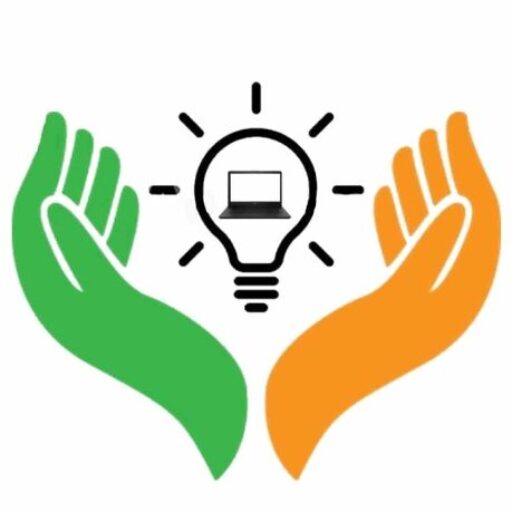With the emerging field of artificial intelligence, countless companies view CEO and employees as the front line in the battle for worker productivity. But with all this changing, what does it mean for the average worker?
How AI will change Work – Artificial Intelligence is based on one principle: Think simple. Artificial intelligence is changing the way people live in the future. Artificial intelligence is already a major force behind the development of technologies such as big data, robotics and the Internet of Things and will continue to do so in the future.
Artificial intelligence will influence how people live in the future. It will be driving force behind new technologies such as big data, robotics and the Internet of Things for the foreseeable future.
Which industries will AI affect?
Particularly, “narrow AI”, which performs objective functions using data-trained algorithms and often falls under the category of deep learning or machine intelligence, has had an impact on virtually every major business.
In the last few years, there has been a marked increase in data collection and analysis due to strong IoT connectivity and faster computer processing.
Some industries are still at the beginning of their AI journey. Others are more experienced. Both have much to do. It doesn’t matter what, AI has a profound impact on our everyday lives.
With tech giants such as Amazon, Google, Microsoft, Microsoft and Apple investing billions annually in AI products, services and products, big things will happen.
Universities will incorporate Artificial Intelligence into their curriculums, while the U.S. Department of Defense is increasing its AI capabilities. While some of these advances are nearly complete, others remain theoretical and may not change. There is no indication of a slowdown. Everything is disruptive, for better or worse.
How AI is changing the way we work?
AI can improve its performance within the context of a common task. The more objective and quantifiable a task is, the easier it can be for AI to learn how to improve itself. For example, picking fruit and sorting them into bins. In five, ten or fifteen years, they will be replaced with AI.
People still pick and pack in Amazon’s warehouses. The company boasts more than 100,000 robots. This will change soon.
See more: Top 10 largest IT companies in world
AI in the future
Artificial Intelligence can have a significant impact on sustainability, climate change, environmental issues, and other challenges. The deployment of advanced sensors will help cities become more liveable and less congested.
Two of the most exciting areas in AI research and experimentation are reinforcement learning (which deals with rewards and punishments, rather than data labels) and generative adversarial network (GAN), that allow computer algorithms to create, rather than just assess, by pitting two nets against one another.
Google DeepMind’s Alpha Go Zero’s Go playing proficiency is the first, while the second is demonstrated using original image or audio generation that is based upon learning about a particular subject like celebrities or a particular genre of music.
See more: Top 10 Cartoons in India
Will AI overthrow the world?
Artificial Intelligence is likely to have a lasting impact on almost every industry, given that it will have an effect on 60% of companies. Artificial intelligence will soon continue to penetrate a broad range of industries. Artificial intelligence is already present in smartphones, cars, the healthcare system, and our favorite apps.
Privacy risks
It is well-known that AI’s dependence on large amounts of data has already had a negative impact on privacy. Two examples of technology gone wrong include the Cambridge Analytica scandal on Facebook and Amazon’s spying on Alexa. Critics argue that the problem will only get worse if there are no rules or self-imposed limitations.





